-
속보 김경, 경찰 소환 통보에 "내일 조사 나오겠다"
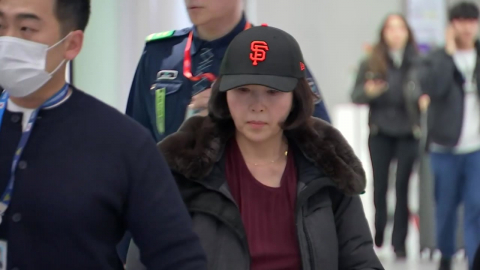
-
김경, 경찰 소환 통보에 "내일 조사 나오겠다" 경찰 "김경 측과 일정 조율…내일 추가 소환 예정" ’강선우 1억 의혹’ 김경, 내일 경찰 추가 조사 예정 경찰, 김경 측에 오늘과 내일 연이어 소환 통보 "하루라도 더 빠른 소환 필요…내일 추가 조사" ◇ 자세한 뉴스가 이어집니다. ※ '당신의 제보가 뉴스가 됩니다' [카카오톡] YTN 검색해 채널 추가 [전화] 02-398-8585 [메일] social@ytn.co.kr
-
특검, 윤 사형 구형…’체포 방해’는 이번 주 선고재생
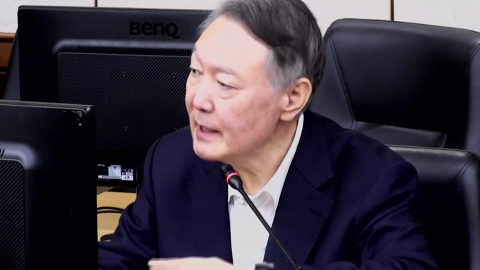
- 외신들 ’윤석열 사형 구형’ 긴급 타전…"전두환 이어 내란죄 최고형"
- 윤석열 다음 달 19일 선고…계엄 목적·계획성 등 쟁점
- "국론분열 선동, 법원 폭력사태로 확산"…갈등 책임도 물었다
-
윤 사형 구형에 여 ’반색’ 야 ’침묵’…한동훈 심야 ’기습 제명’재생
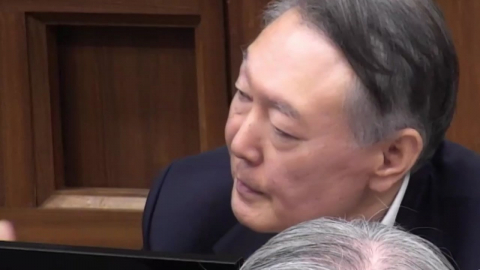
-
정청래, 윤 사형 소식 실시간 전하며 "사필귀정"
정청래 "내란은 용서하지 않을 것…전두환처럼"
민주 "국민 눈높이 맞는 결정…선고 지켜볼 것"



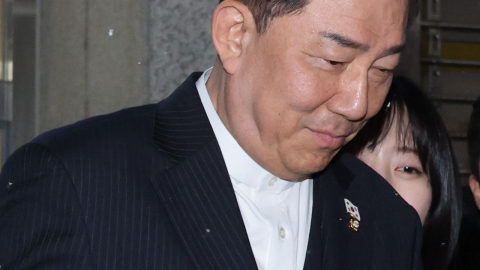
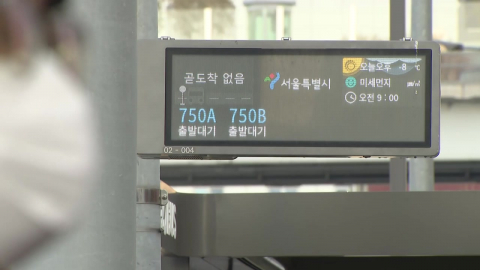

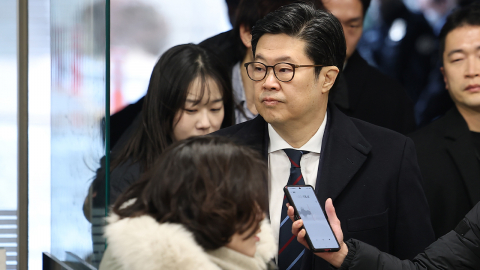


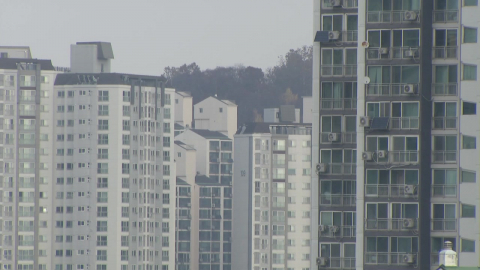
![[날씨] 출근길 반짝 강추위…내륙 빙판길·동해안 산불 주의](https://image.ytn.co.kr/general/jpg/2026/0114/202601140651115725_h.jpg)
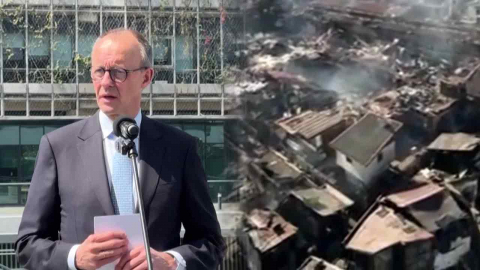
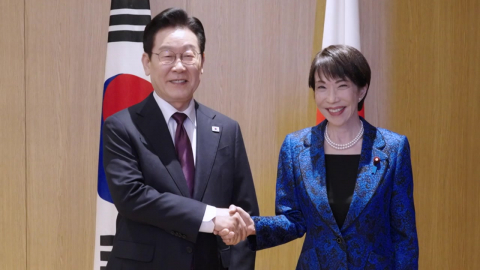
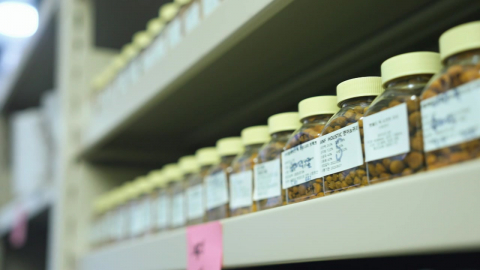
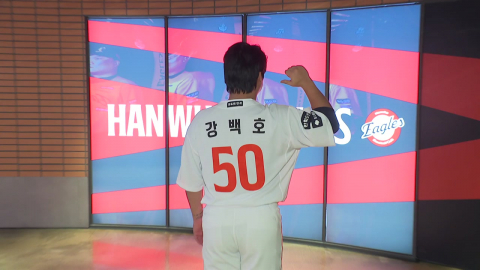
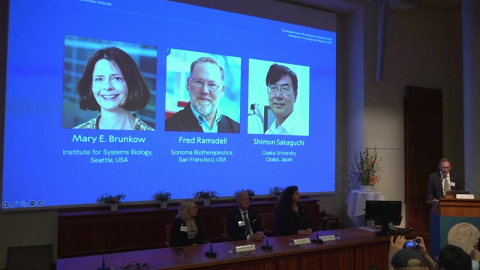
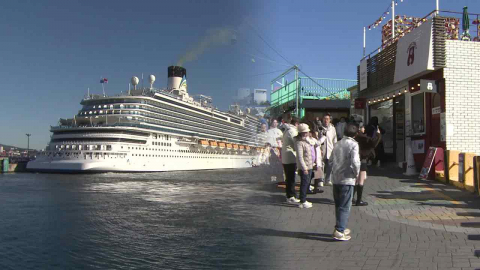
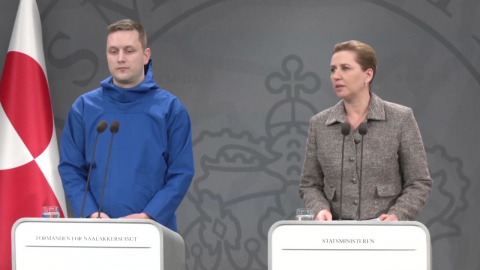
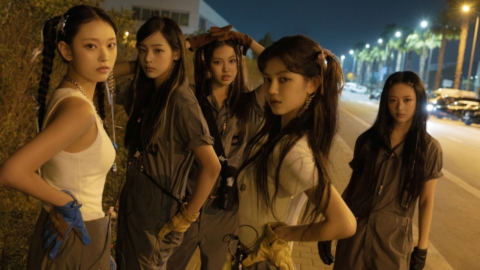


![[Y터뷰] "늘 낭떠러지에 선 기분"…50대 '언더독' 권상우의 목표](https://image.ytn.co.kr/general/jpg/2026/0113/202601131620584468_h.jpg)
![[Y현장] 설레는 케미, 아름다운 영상미…김선호·고윤정의 만남 '이사통'(종합)](https://image.ytn.co.kr/general/jpg/2026/0113/202601131227351419_h.jpg)





